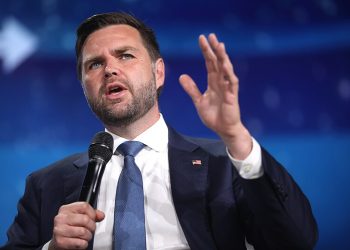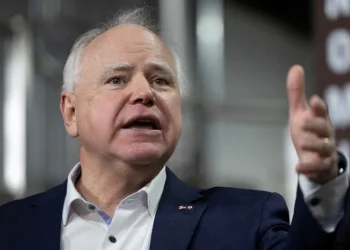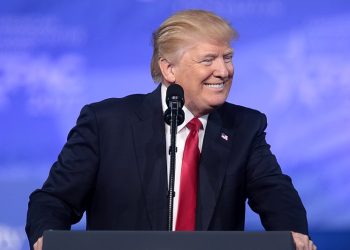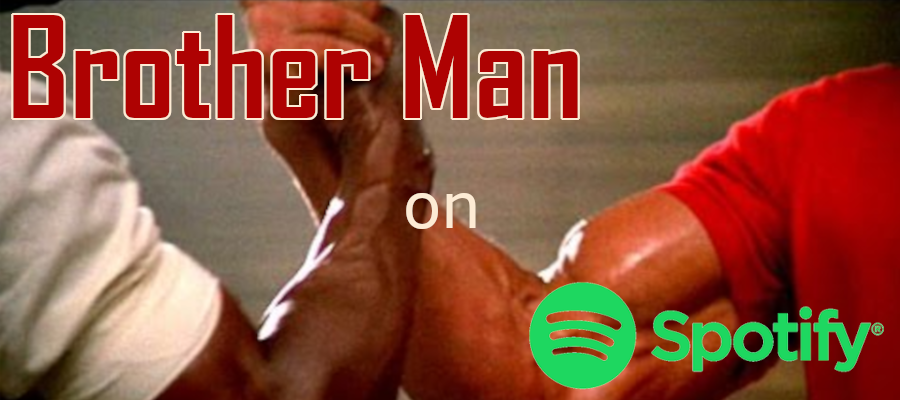In light of the recent attempt on President Trump’s life on July 13th, there has been an observable change in the current political climate. This shift bears resemblance to other cases of political violence throughout American history. Assassination attempts in American politics tend to be paradoxical. They often yield results contrary to the attacker’s intentions, strengthening rather than weakening the institutions or individuals they aim to undermine.
This is the full clip.
— tyler hogge (@thogge) July 13, 2024
1- shots on trump
2- ss returns fire
3- you hear “shooter is down”
4- they stand trump up
5- he asks to get his shoes
6- fist pumps and fight
Truly unreal.
pic.twitter.com/bhui8CcNUs
While every ill-intentioned attempt on an innocent life is despicable, the collateral effects are often not as the attacker intends, especially when high-profile figures are involved. While the MSM and internet sleuths speculate regarding the attacker’s motive and intention, one thing is clear; he wanted to kill President Trump and failed. While the fallout from this deranged act is yet to be fully revealed, the history of political violence in America provides a pattern that could potentially predict what we can expect.
The assassination of President Abraham Lincoln in 1865 is a prime example. John Wilkes Booth, a Confederate sympathizer, believed that killing Lincoln would reignite the Southern efforts. In his flair for the dramatic, he believed that removing the ‘tyrant’ at the forefront of the opposing movement would rally support for the Confederacy. Instead, Lincoln’s death solidified his legacy as a martyr and further united the Union. The resolve of the North was strengthened and ensured that Reconstruction would proceed ultimately ending the Confederacy.
The assassination of President William McKinley in 1901 is another example of the unintended consequences. Leon Czolgosz, an anarchist, aimed to destabilize the government and promote anarchism by killing McKinley. However, following McKinley’s death, Theodore Roosevelt took office. Roosevelt’s presidency marked the beginning of the Progressive Era. Instead of weakening the government, Czolgosz catalyzed a period of strong federal intervention and reform that shaped modern American society.
Conspiracies aside, the assassination of President John F. Kennedy in 1963 had a similarly paradoxical effect. Lee Harvey Oswald, a Marxist, whose actions presumably were intended to disrupt or protest against the U.S. government, resulted in a wave of national grief and a rallying around the Kennedy legacy. This period of mourning and unity led to an increase in support for legislative changes championed by Kennedy.
Even unsuccessful assassination attempts can have unintended consequences. For instance, the assassination attempt on President Gerald Ford in 1975 highlighted the dangers faced by public officials and led to increased security measures and protection of public officials to keep the system of political discourse intact. Additionally, in 1981, John Hinckley’s attempt to assassinate President Ronald Reagan aimed to achieve personal notoriety. Instead, it resulted in a surge of public support for Reagan, who survived the attack. Reagan’s swift return to duty boosted his popularity and solidified his reputation as a resilient and committed leader.
3/30/81 - Ronald Reagan assassination attempt. This was not stagedpic.twitter.com/R8GDdKdMQy
— Paul C (@HurtsyIvania) July 14, 2024
The irony in all assassination attempts lies in how the act, often intended to weaken the political establishment, tends to be a catalyst for its strengthening. These violent acts create a rallying effect, fostering national unity and resolve. They turn political figures into symbols of resilience or martyrdom. Even when successful, the outcomes often undermine the intentions of the assailant.
While the motives behind the recent assassination attempt are still unknown, the would-be assassin’s intent has once again backfired. He is dead while Donald Trump is more alive than ever. As he rose from the ground following the attack, he made his intentions known as he raised his fist, “Fight! Fight! Fight!” He made sure the world knows that he is not going anywhere.
This single reckless act of aggression has ignited a wave of support that did not exist previously. Even his detractors have taken notice and provided their obligatory support for his well-being. If only temporarily, all focus has shifted from his faults to his resolve. With 111 days till election day, this is likely enough. The cage has been rattled. Donald J. Trump, in every aspect, does not intend to go down without a fight. He is alive and his support is more vibrant and passionate than ever. If history repeats itself, Donald J. Trump’s reelection has become inevitable.
The opinions expressed in this article are solely those of the author and do not necessarily reflect the views or opinions of The Real Republic LLC, realrepublic.com, or any of its affiliates. While our team strives to ensure the accuracy and reliability of the information provided, The Real Republic cannot guarantee the completeness, suitability, or validity of any information on this site or found by following any link. The Real Republic will not be liable for any errors or omissions in this information nor for the availability of this information. The Real Republic will not be liable for any losses, injuries, or damages from the display or use of this information.
















